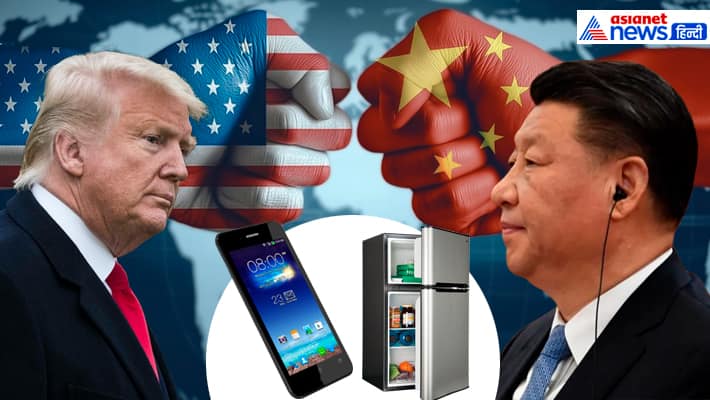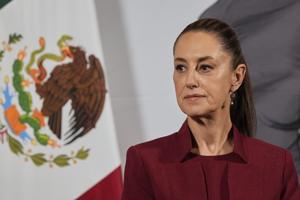The White House has confirmed that Chinese imports could face tariffs as high as 245% under new trade measures rolled out by US President Donald Trump’s administration. The sweeping hikes target sectors ranging from electric vehicles and semiconductors to solar products and medical equipment.China, in its first official reaction, pushed back strongly but cautiously.
“If you want specific figures, please ask the U.S. side,” a spokesperson for China’s Ministry of Commerce said, refusing to confirm the exact tariff rates.

The ministry also condemned what it called Washington’s "unilateral and protectionist" approach, warning that it would take “all necessary steps” to defend its economic interests.The tariff hikes come amid rising U.S.
political rhetoric over reducing dependency on China and protecting domestic manufacturing. Trump’s trade adviser said the move is aimed at countering China’s "unfair subsidies and dumping practices" that allegedly distort global markets.Earlier this week, China had already hinted at countermeasures after U.
S. officials signaled a dramatic tightening of tariff policies. State media warned of a “long trade war” if Washington continues escalating.
The mood in Beijing remains defiant, with Chinese officials asserting that their economy is resilient and capable of withstanding prolonged pressure.Meanwhile, markets reacted nervously. Analysts expect ripple effects across global supply chains, especially in the EV and tech sectors.
Some U.S. firms have already begun diversifying manufacturing bases to countries like Vietnam, Mexico, and India to cushion the impact of the tariffs.
As both countries dig in, the prospect of a renewed U.S.-China trade war looms large—posing risks not just for bilateral ties but also for global economic stability.
.
Top

China faces up to 245% tariffs on imports, says White House; Beijing responds, ‘Ask US for specific figures’

The White House has confirmed that Chinese imports could face tariffs as high as 245% under new trade measures rolled out by US President Donald Trump’s administration.











